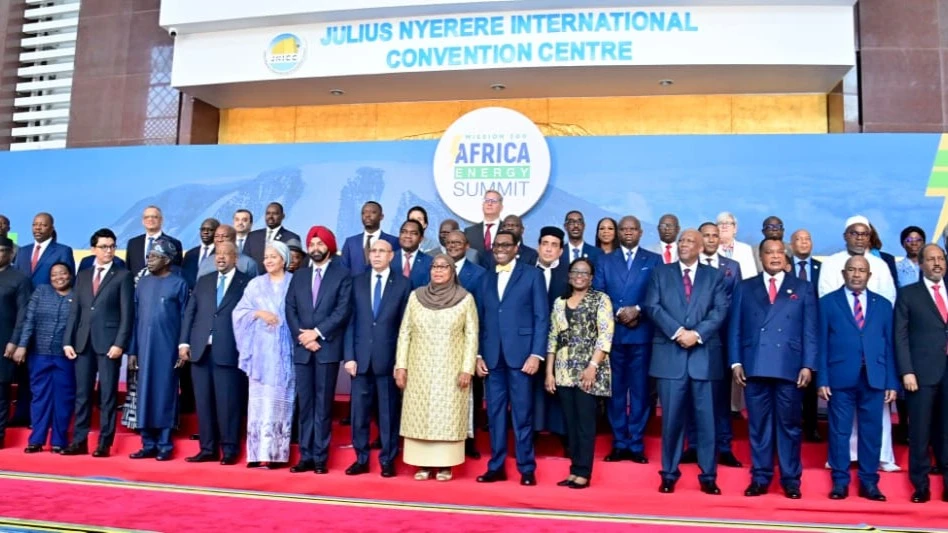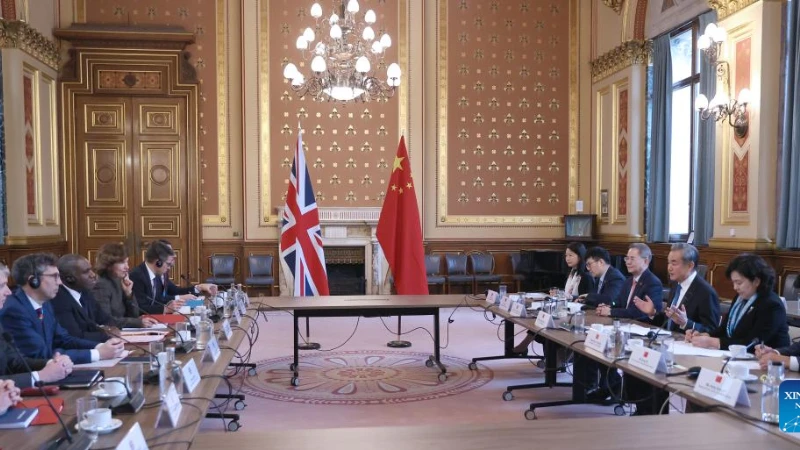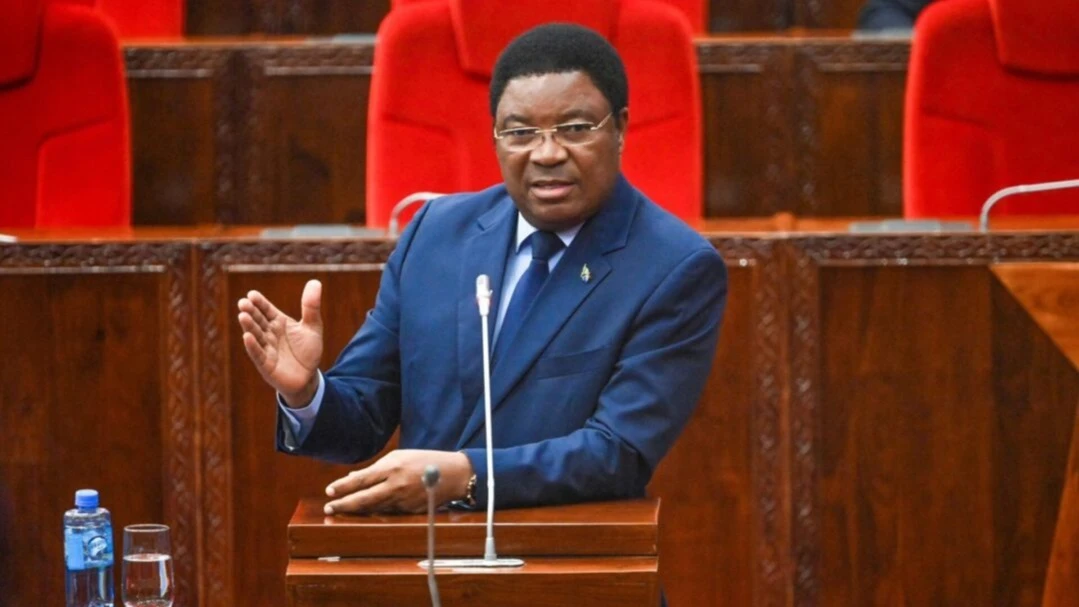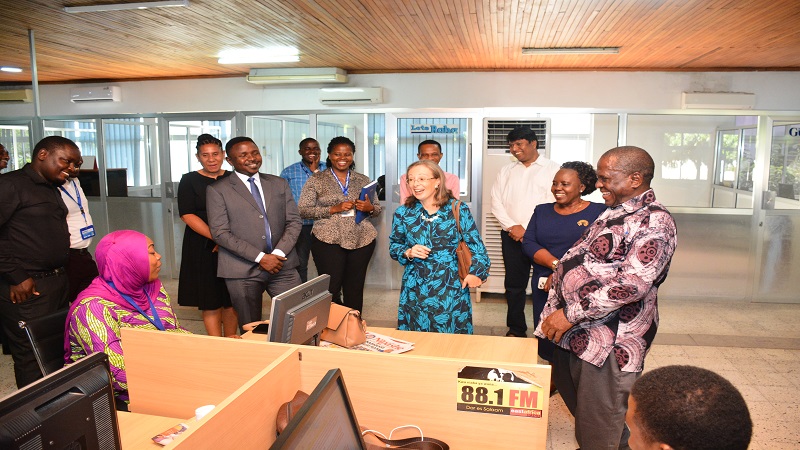MPs adopt 2024 Investments, Special Economic Zones Bill
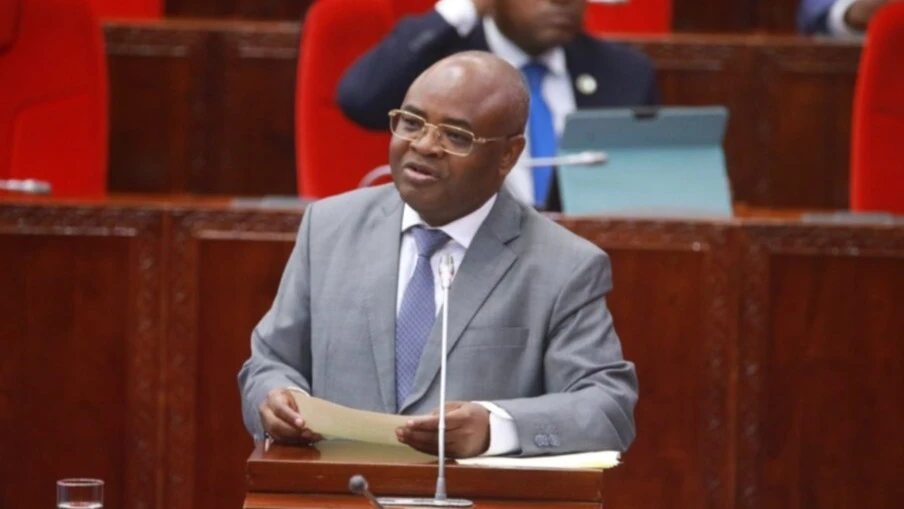
THE National Assembly has passed the 2024 Investment and Special Economic Zones Bill, which will see the establishment of a land bank enabling companies to register their land and connect with investors.
Prof. Kitila Mkumbo, the Planning and Investment state minister in the President’s Office, said when presenting the bill in Parliament yesterday, that the bill also provides for the creation of the Tanzania Investment and Special Economic Zones Authority (TISEZA).
The new regulatory agency replaces the Tanzania Investment Centre (TIC) and the Export Processing Zones Authority (EPZA), introducing exclusive incentives for domestic investors, he said.
Through the land bank, in addition to land set aside by the new regulator, private firms or individuals would register their land and be connected with various investors, he said.
The land bank is designed to facilitate access to suitable land for investment, serving as a database of available land across the country for investment purposes, he said.
The bill establishes an institutional framework for coordinating, protecting, promoting and facilitating investments in the country, alongside setting up the national investment development committee, he stated.
The committee will be responsible for recommending additional incentives for strategic investors to the cabinet and ensuring a favourable investment environment, he explained.
The bill sets out conditions and responsibilities for the board, requiring public institutions to cooperate with the authority in providing services to investors through a one-stop service center, he said.
It outlines provisions for an integrated electronic system to connect key government agencies issuing various permits and licenses for investment activities.
“This measure will allow investors to access services more easily without having to deal with multiple institutions for permits or licenses,” he said, affirming that the bill has provisions for registering local and foreign investors, issuing investment certificates and licenses.
The criteria for obtaining strategic investor status would depend on the minimum capital investment threshold, while accessing fiscal and non-fiscal incentives is attached to provisions in various laws, he said.
The bill provides guidelines for establishing and managing special economic zones such as industrial parks, export processing zones, free trade zones, free ports, agricultural zones, tourism clusters, science and technology parks.
Other zones can be created in line with regulations set out by the new body, as the bill grants the government the right and responsibility to oversee investment activities to ensure they comply with national policies and laws, he said.
Authority officials will access investment sites for monitoring purposes, he said, underlining that the law offers protection against expropriation of investment projects without fair compensation, as provided by law.
Investors will be able to access loans from registered banks and financial institutions within the country to implement such projects, while foreign investors will not be discriminated against in seeking to access investment opportunities, he stated.
“However, the bill does not prevent the government from taking additional measures to empower local investors,” he stated.
Augustine Vuma (Kasulu Rural), the Public Investments Committee (PIC) chairman, recommended that the authority oversee the entire process of transferring privately owned land to investors and ensure proper compensation is paid.
|He appealed to the government to ensure that incentives offered are competitive enough to make the law effective in attracting foreign capital.
The government needs to create effective mechanisms that enable local investors to participate fully in investments, thereby growing their capital and contributing to the country’s economic development, he added.
Top Headlines
© 2025 IPPMEDIA.COM. ALL RIGHTS RESERVED









